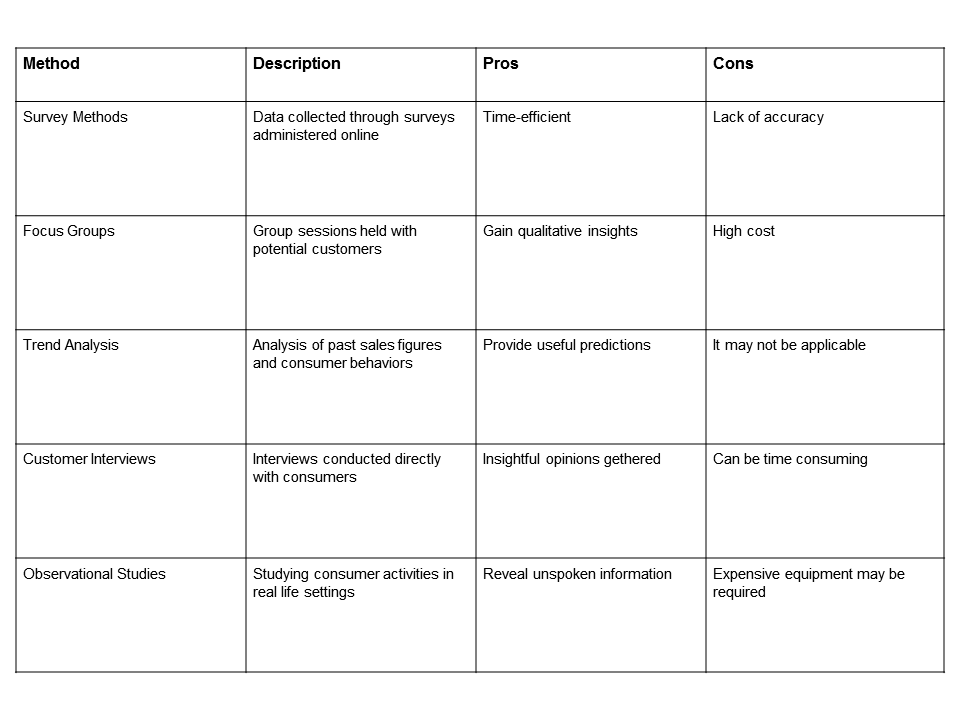Reasons Why Every Entrepreneur Needs a Mentor
Many successful entrepreneurs credit their mentors for helping them reach new heights in their businesses and careers. Being mentored by someone more experienced than yourself may sound intimidating or even impossible – but it doesn’t have to be!
Whether you’re just starting on your entrepreneurial journey or are looking to develop existing skills further, having access to someone who has been through the same experiences is key. This article discusses how mentors can provide valuable insight into navigating business decisions, offer encouragement when times get tough, and share tips that could save time or money. So let’s dive in and explore the importance of how entrepreneur needs a mentor!
Definition of Mentorship
Mentorship is a relationship between two individuals, where the more experienced mentor helps to guide and advise their mentee. It is an invaluable resource for entrepreneurs seeking support in their professional journey. In addition, the mentor-mentee dynamic can provide valuable guidance from someone with expertise in relevant areas often outside the scope of an entrepreneur’s knowledge or experience.
Mentoring offers insight into different perspectives on business decisions and feedback on ideas and goals. This allows both parties to gain clarity and understanding about the potential outcomes of any particular venture. It also allows collaboration with a trusted individual who can help steer them through times of uncertainty – something essential during entrepreneurship journeys.
Benefits of Having a Mentor
Mentors are experienced professionals who provide mentorship advantages such as advice, support, and direction to help entrepreneurs succeed in their business endeavors. There are many benefits of having a mentor, including the following:
- Mentor Guidance – A mentor can offer valuable guidance when it comes to decision-making. With their experience and expertise, they can give honest feedback and suggest solutions tailored to each person’s unique situation. This personalized advice is unavailable from other sources like books or online courses.
- Mentor Support – Having a mentor also provides emotional support during difficult times. They understand what it takes to navigate through tough challenges and obstacles and has seen how others overcame them before you. Their knowledge and insight help keep your morale high throughout the entire process.
- Mentor Advice – Mentors provide sound advice on running a successful business. From understanding industry trends to developing strategies for growth, they will be there every step of the way, offering general tips, resources, contacts, and more that could benefit any entrepreneur’s venture immensely.
The importance of mentorship to an entrepreneur cannot be overstated. They make all the difference between success and failure for entrepreneurs at all stages of development.
Types of Mentors
A business mentor usually has achieved career success and provides advice on navigating the business’s complexities. An executive coach helps entrepreneurs hone their leadership skills to lead their teams toward success. Industry experts provide specialized knowledge about the industry or sector in which the entrepreneur operates. In contrast, industry veterans offer valuable insight into what it takes to be successful.
Each type of mentor offers something different, but all have one thing in common: a commitment to helping guide entrepreneurs toward success and prosperity. With this information, entrepreneurs need to find the right fit when selecting a mentor whose skill set and experience match closely with their goals.
Finding the Right Mentor
Mentor-matching networks provide personalized services that connect entrepreneurs with experienced professionals in their fields. These sites allow users to view profiles of potential mentors based on criteria such as industry experience, location, and availability. Additionally, some organizations offer online workshops or seminars where participants can gain insight into selecting an appropriate mentor.
Another option is a mentor-selection service, which works like a dating site but is designed specifically for finding business mentors. This type of platform allows users to create detailed profiles about themselves and their goals so they can find someone suited to help them achieve those objectives. Furthermore, these platforms often include discussion boards and other tools that facilitate communication between prospective mentors and mentees before making commitments.
The key is to utilize all the resources available when locating a suitable mentor. With access to numerous mentor networks and selection services, entrepreneurs should have no trouble finding someone who meets their needs—and has the skills necessary—to provide valuable advice during this crucial stage of business development.

Strategies for Developing a Mentoring Relationship
Entrepreneurs need to understand that developing a mentor relationship will take time to happen and should expect immediate results. To ensure success in finding an ideal mentor, entrepreneurs must develop strategies for identifying potential mentors and establishing healthy relationships. Here are some tips on how to do just that:
- Look beyond your network – Don’t limit yourself to people you already know when searching for a mentor; widen your net by attending industry events or reaching out to professionals with more experience than you do.
- Identify shared interests – When considering possible mentors, think about what you both have in common—it could be anything from shared values to similar career paths—and use this as leverage when making an introduction.
- Do research – Before approaching someone about mentoring opportunities, read up on their work and accomplishments to demonstrate a genuine interest in their work during the conversation.
- Be persistent – Finding the right mentor may take time and patience; keep going if you fail first because fostering meaningful connections with others takes effort and commitment.
Challenges Facing Entrepreneurs Who Lack a Mentor
Having a mentor benefits entrepreneurs, but not all have the privilege of working with one. Those who need this guidance may find themselves facing several challenges when it comes to their business journey. Here are some of the most common problems they might face:
- Lack of Confidence – Participate in networking events and conferences to build confidence and connections within their industry. They improved self-confidence and higher chances of success due to increased industry knowledge and key contacts.
- Fear of Failure – Educate oneself on how successful businesses overcame obstacles through books, podcasts, webinars, or other resources. Increased understanding of risk management strategies while being exposed to different approaches that can be applied to their venture.
- Uncertainty About Direction & Strategy – Seek advice from experienced professionals or peers who can provide insight into potential paths forward. Accessing valuable feedback helps entrepreneurs make well-thought-out decisions that could lead to improved business outcomes.
By joining online forums or attending meetups related to their venture’s niche, they will gain access to helpful advice from like-minded individuals and develop strong relationships with experienced professionals who can offer mentoring services if needed.
Conclusion
Mentors provide guidance, insight, and support when you need it. The importance of mentorship for an entrepreneur can make better decisions and gain confidence in their ability to succeed. Finding the right mentor is essential for building an effective mentoring relationship that benefits both parties.
At StarUP NV, we help young and ambitious startup business owners maximize business success with strategies, funding, workshops, and experienced mentors. If you want to reap the rewards of such an industry leader’s expertise and knowledge, contact us today.
Reasons Why Every Entrepreneur Needs a Mentor Read More »





















